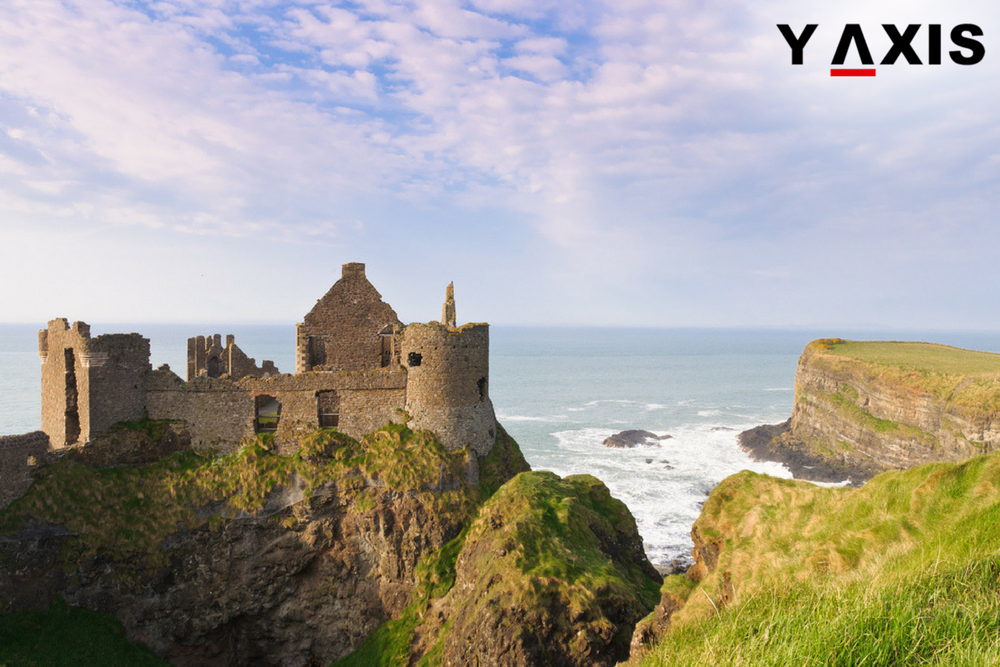
The Department for the Economy (DfE) said that majority of Northern Ireland’s employment rose due to the inflow of Migrant Workers from the European Union since 2008.
The employment data for 2008-16 was analysed by the DfE. During this period, the number of people employed rose to 815,000, an increase of 36,000 from 779,000.
On the other hand, the number of EU nationals who were employed increased by 40,000 and the number of Britons declined by 10,000.
The remainder of 6,000 people in jobs was 4,000 from the Republic of Ireland and 2,000 from other parts of the world.
The DfE was quoted by the BBC as saying that it is plain between 2008 and 2016 that Northern Irish employment recovery and growth was powered, especially since 2014, by EU-born migrants.
Even for England and Scotland, most of their employment growth during the same time period was because of Migrant Workers. In these countries, half of the increase, however, is due to non-EU migrants.
The DfE added that for Northern Ireland, international migrants were mostly from the EU and marginal migration was seen from outside the EU.
Employment data was also used by the study, which estimated the number of EU nationals residing in Northern Ireland at the end of 2016 at 117,000. Included in that number were 38,000 people who belonged to the Republic of Ireland. Nationals of Poland and Lithuania accounted for most of the EU migrants at roughly 25,000 each.
The EU migrants’ employment rate, excluding those from the Republic of Ireland, was 80 percent at the end of 2016. Such a high employment rate was considered normal for recent migrants as they comprised mostly people in the working age.
According to 2011 census, migrant workers from the EU are mostly employed in the manufacturing sector, especially food manufacturing.
If you are looking to Migrate to Northern Ireland, talk to Y-Axis, the world’s No.1 immigration and visa consultancy, to apply for a visa.



Northern Ireland employment grows due to EU migrants
Posted on March 20, 2018